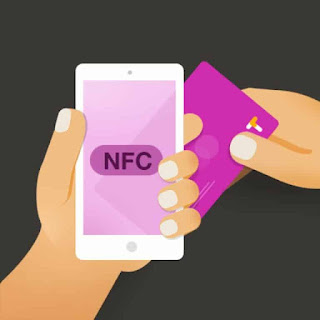Navigating Public Transportation: Trends in the Transit Cards Market
Market Overview:
The Transit Cards Market plays a pivotal role in revolutionizing urban mobility by providing convenient, efficient, and cashless payment solutions for public transportation systems worldwide. Transit cards, often equipped with contactless technology such as RFID or NFC, enable commuters to easily access buses, trains, subways, and other modes of public transport. This market has witnessed substantial growth due to the increasing urbanization, the need for sustainable and cost-effective transit solutions, and the desire for seamless commuting experiences.
Market Dynamics:
The Transit Cards Market dynamics are primarily driven by urbanization trends and the growing emphasis on sustainable and efficient public transportation systems. As cities expand and populations increase, the demand for convenient, cashless payment methods for transit rises. Transit card systems are also evolving to support multimodal transportation, allowing commuters to seamlessly transition between various modes of transit within a single journey. Additionally, the rise of contactless payments and mobile wallet integration has further accelerated the adoption of transit cards, making them an integral part of daily urban life.
Recent Developments:
Recent developments in the Transit Cards Market include advancements in technology and the integration of innovative features. Transit cards are becoming more versatile, offering not only access to public transportation but also serving as a means of payment for other services within the city, such as parking, bike-sharing, and even retail purchases. Integration with mobile apps has allowed commuters to manage their transit cards, check schedules, and plan routes conveniently from their smartphones. Enhanced security features, such as biometrics and encryption, are being introduced to protect users' data and privacy. Furthermore, some cities are exploring the use of open-loop payment systems, where contactless bank cards and mobile wallets can be used for transit payments, offering commuters even more flexibility.
Market Challenges:
Despite its growth, the Transit Cards Market faces challenges. One significant hurdle is the need for interoperability between different transit systems and cities, especially in regions with multiple transportation providers. Achieving seamless integration and universal acceptance of transit cards across various modes of transport can be complex. Moreover, data security and privacy concerns are critical as transit cards store user information. Ensuring robust cybersecurity measures and compliance with data protection regulations is crucial.
Future Outlook:
The future of the Transit Cards Market appears promising as cities worldwide continue to invest in improving public transportation infrastructure and addressing urban mobility challenges. Transit card systems will likely evolve to provide even more convenience, integration, and sustainability, aligning with the broader goals of creating smart and efficient urban environments. The adoption of emerging technologies like 5G, blockchain, and artificial intelligence is expected to further enhance the functionality and security of transit cards, ensuring that they remain a vital component of modern urban mobility solutions.

Comments
Post a Comment